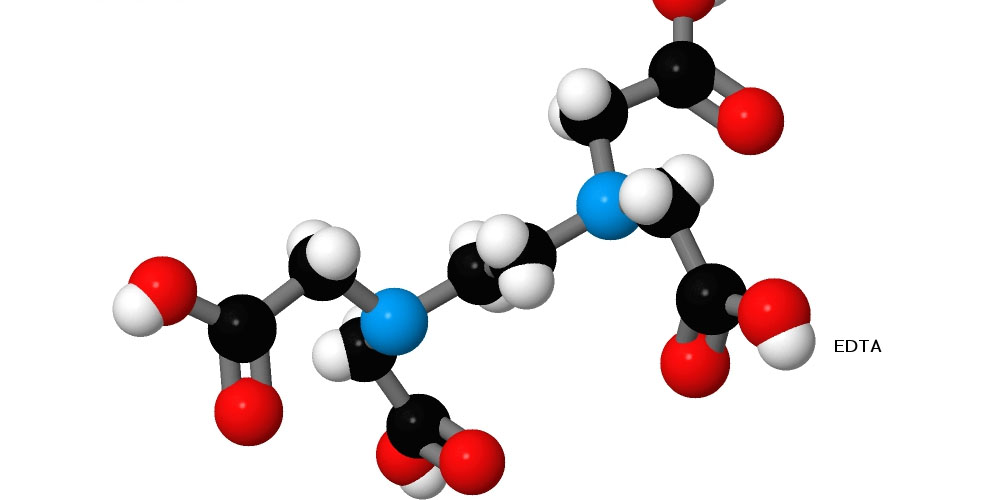Queenly likes to share her knowledge of society with others. She is always reading up on the latest news and trends, so she can provide insights and perspectives that help people understand the world around them. Coreen is a great listener, and she loves to help people grow and develop.

EDTA is a chelating agent with numerous applications in the food, pharmaceutical, and water treatment sector. A chelating agent is a molecule that attaches itself to another one. In simpler terms, it has claw-like characteristics. So, EDTA binds itself to various molecules, including metals. It is also worth mentioning that the molecules it sticks to depend on the type of EDTA chemical. For instance, some kinds attach to calcium. This article discusses the applications of the EDTA chelating agent.
The uses of EDTA chelating agent
The EDTA chemical is highly used in the chemical industry. However, there is more to its application than this. Let’s look at some of its primary applications in different sectors:
1. Reducing water hardness in industries
Calcium and magnesium ions in water harden it and make it unsuitable for industrial and domestic applications. For instance, when the hardening ions are deposited into the body or exposed to machines in the factory, they cause diverse effects. Hard water causes corrosion of factory machines. Additionally, it causes yellowing of teeth when ingested. One of the best ways to resolve this issue is using EDTA chelating agent. This chelating agent eliminates the activity of the calcium and magnesium ions, reducing the water’s hardness.
2. The medical applications of EDTA chelating agent
This chemical also has significance in the medical industry. For instance, studies show that it is one of the most effective ways to treat anemia. Anemia is a condition caused by iron deficiency, and it affects over a billion people globally. EDTA chelating agent contains iron, which makes it an effective remedy for iron deficiency. Therefore, medical practitioners use it as one of the primary ingredients for making anemia medication.
Furthermore, EDTA treats lead poisoning that causes severe medical conditions, like brain damage. Additionally, it is an excellent raw material for manufacturing medications for treating radioactive metal poisonings, like uranium and strontium poisoning.
Another application of EDTA chelating agent in the medical sector is intravenous medication. It effectively treats the symptoms of cancer, Parkinson’s, and macular degeneration. Furthermore, dentists use EDTA to soften tissues and cleanse canal walls during root canals and other dental procedures. It works by forming chelates on the walls. EDTA also serves as a teeth disinfectant because of its incredible antibacterial elements.
Further research is underway to determine other applications of EDTA in the medical and pharmaceutical sectors.
3. Applications of EDTA chelating agent in the food industry
This chemical is also a popular additive in processed foods. Practitioners in the food sector use it to prevent substances from reacting with metals in foods. Additionally, it helps inhibit oxidation and color changes in food. Finally, EDTA chemical helps prevent processed foods from losing or changing their taste due to chemical reactions of the metals in foods.
4. Applications of EDTA in the cosmetics industry
This chemical is also used to manufacture cosmetic products like shampoos, hair dyes, and skin treatments. Its incorporation in cosmetic products prevents them from spoiling early and prevents the growth of microorganisms on the care products.
Conclusions
While there are numerous EDTA applications, you must learn its safety measures before applying them. However, sufficient research proves the effectiveness of EDTA in the applications explained above.
